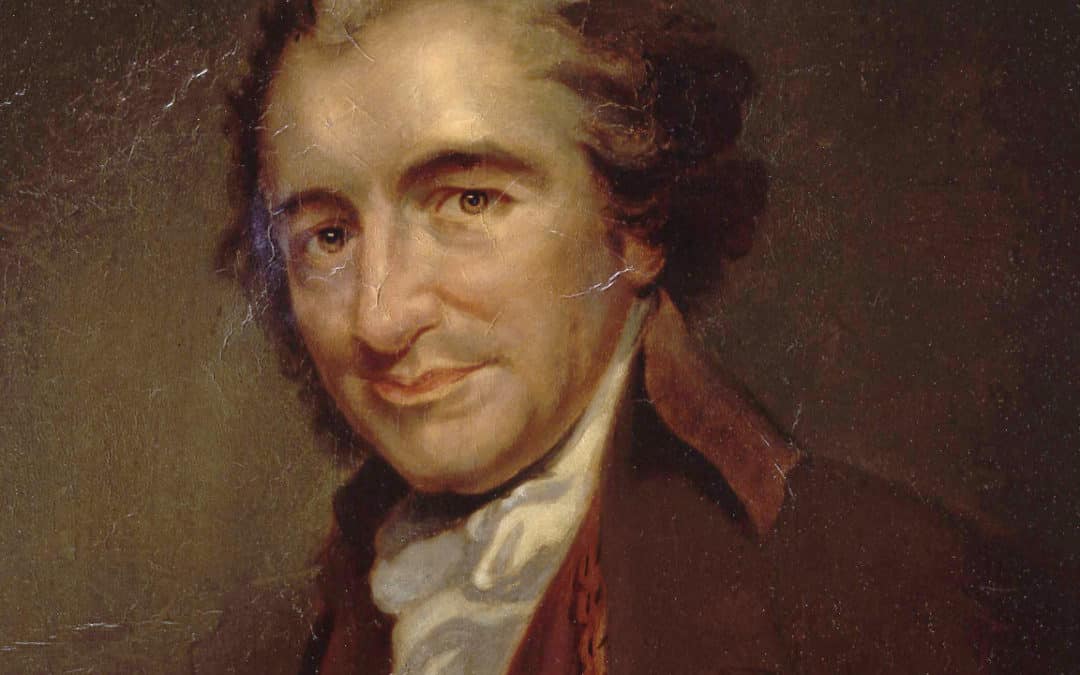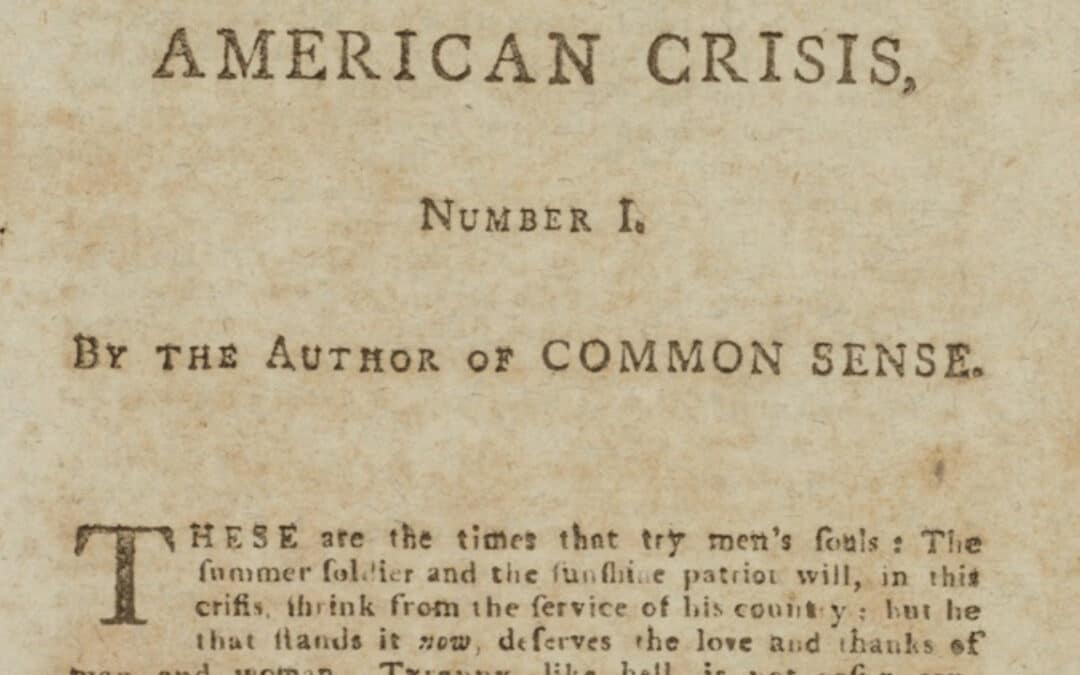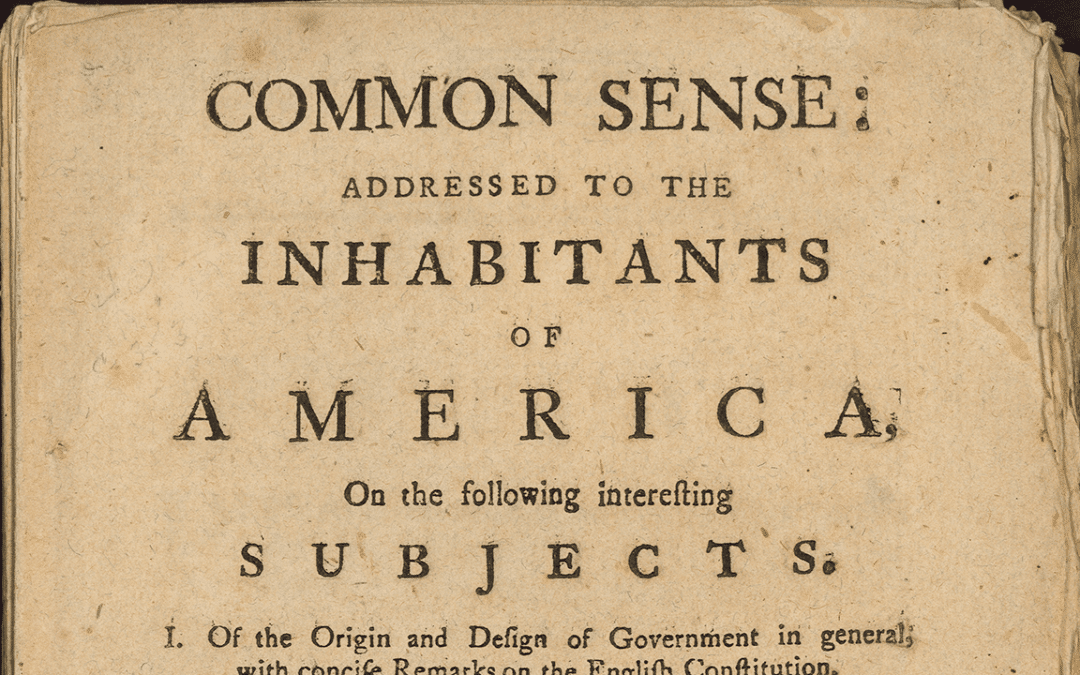


These are the Times that Try Men’s Souls
Beginning with the immortal line, “THESE are the times that try men’s souls,” Thomas Paine’s “The American Crisis, No. I” holds a revered place in American History. Composed as a patriotic rallying cry for a weary army, and to reject and refute British arguments...
Thomas Paine’s Return to America
Many people know Paine as the author of Common Sense, The Crisis, and The Rights of Man. Fewer know him as an unapologetic opponent of slavery, paper money, and aristocratic privilege. Fewer still know he spent considerable time in both England and France – escaping...
Thomas Paine and the Plan to Invade England
Without a doubt, Thomas Paine’s many radical political beliefs came to define his life, and his moral opposition to monarchy, promotion of constitutional government, and contempt for tyranny are well known. Even so, some may not realize that he once developed an...
